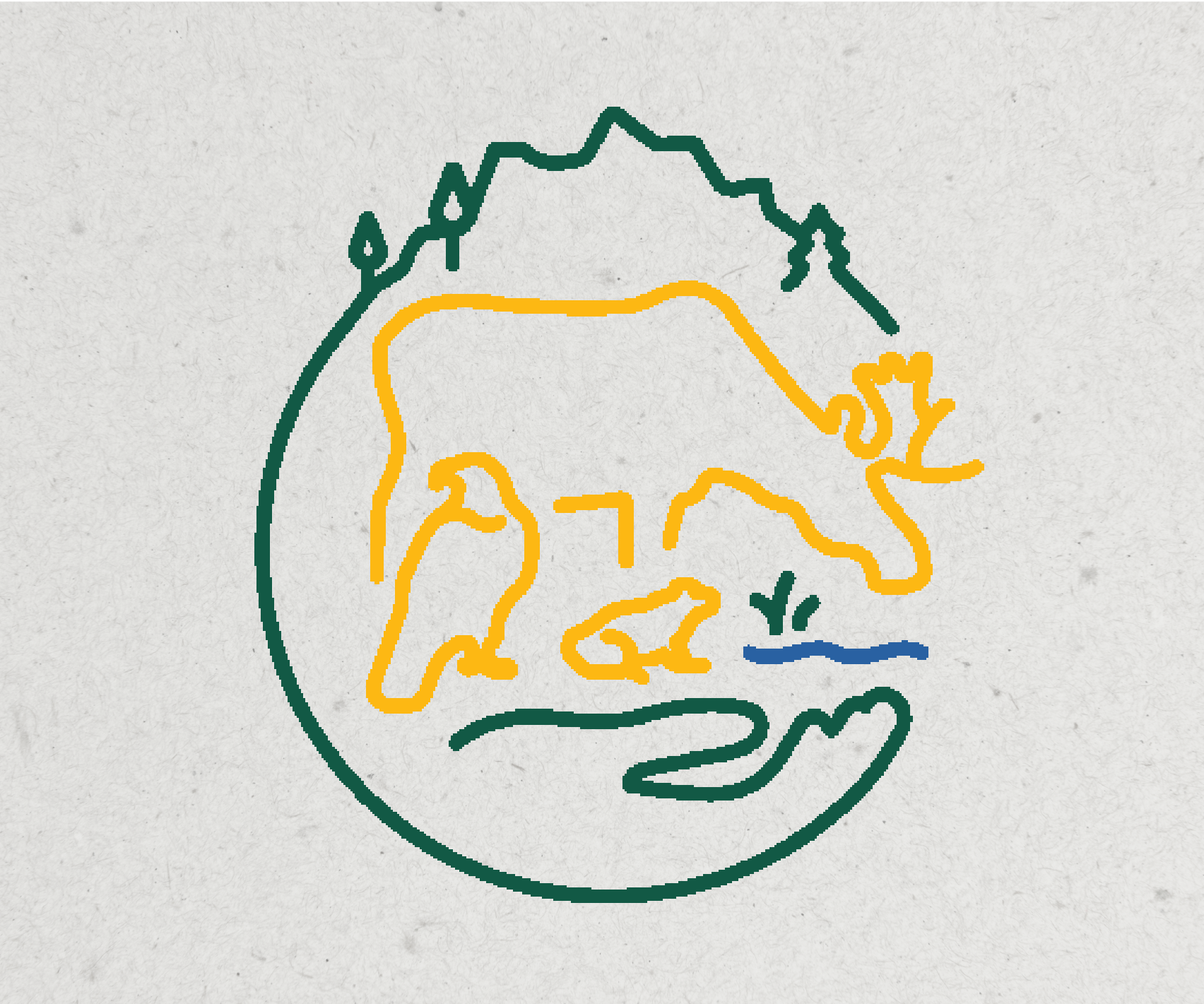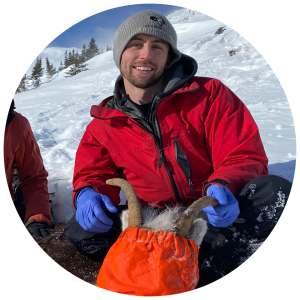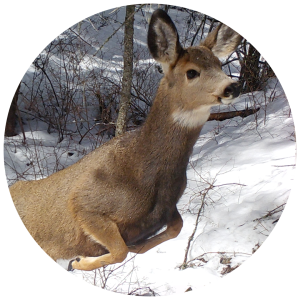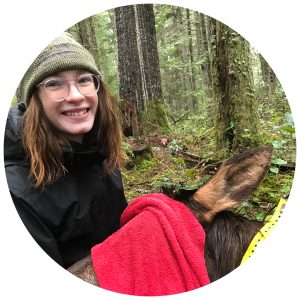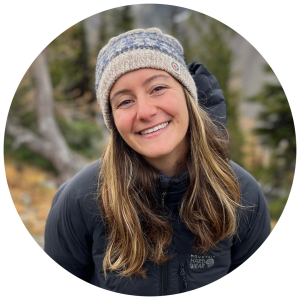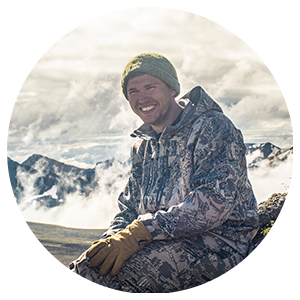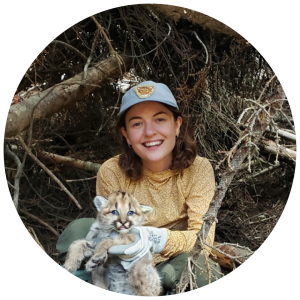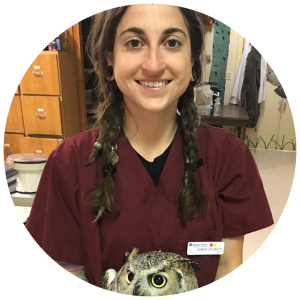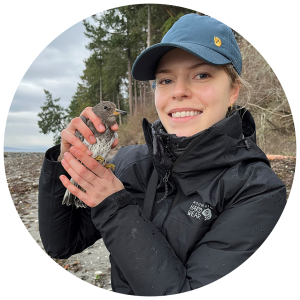HCTF in partnership with the First Nations-B.C. Wildlife & Habitat Conservation Forum and the Province of British Columbia’s Together for Wildlife Initiative (T4W) are proud to share more information about the 2024 Together for Wildlife academic scholarship recipients;
The Together for Wildlife scholarship is awarded annually to 10 master’s and Ph.D. candidates conducting research that will have a positive impact on stewardship, management, policy, or decision-making of wildlife in BC. The aim of this scholarship is to support reconciliation and collaboration, diversity of perspectives, and building community among Indigenous communities and rural areas of BC.
2024 Recipients
Landon Birch
Landon is a Master’s student studying at the University of British Columbia. His study is investigating nutritional limitations for Stone’s sheep in the Finlay-Russel ranges in north-central British Columbia (BC), the southern extent of Stone’s sheep distribution in the province. His research will help inform efforts to prioritize and improve range conditions, and ultimately, improve the viability of this unique and culturally significant species.
Mitchell Brunet
Mitchell Brunett is a Doctorate student at the University of British Columbia. They are using a suite of GPS-collared mule deer, white-tailed deer, and cougars, as well as vegetation sampling, and camera trap networks to identify the cause of mule deer limitation. Identifying the cause of mule deer decline will ensure we implement management actions such as on-the-ground habitat improvements (e.g., prescribed burns, access mitigation, UWRs) and harvest regulations that make meaningful differences.
Tristen Brush
Tristen is a Master’s student at the University of British Columbia. Her work builds on previous research done on elk to apply camera trap distance sampling as a method for estimating the population of other culturally important species such as black-tailed deer and black bears.
Alexia Constantinou
Alexia is a Ph.D. student at the University of Victoria. Her research is focused on how habitat alteration and human activity are impacting the range, population sizes, inter-, and intra-species interactions of members of the weasel family. This project and the budding relationships are the joyful highlight of Alexia’s professional career thus far. When she’s not in PhD mode, you might find Alexia teaching in the Department of Renewable Resources at BCIT, kayaking, playing Wingspan or biking.
Westin Creyke
Westin is a MSc student at the University of Northern BC. His research examines the impacts roads have on Stone’s sheep, to define the spatial and temporal extent of the road’s influence on stress in the sheep population.
Siobhan Darlington
Siobhan is a Doctorate student at the University of British Columbia. Her research is using GPS data from cougars to evaluate their demography, diet, and seasonal habitat use in the southern interior of British Columbia. This research will address important knowledge gaps on cougar populations in the province and the indirect effects of landscape disturbance on native ungulates.
Isabel Giguere
Isabel is a Master’s student at the University of Victoria. Their research will assess how reproduction and immigration shape short-term population dynamics in open and closed populations of black-tailed deer on Vancouver Island who have received immunocontraception. These insights have large-scale applicability and can be extended to large urban wildlife species across North America to promote biodiversity.
Paige Monteiro
Paige is a Master’s student at Simon Fraser University. They are investigating the overwintering habitat use and diet of two understudied shorebird species, Black Turnstone (Arenaria melanocephala) and Surfbird (Aphriza virgata). By identifying critical habitat and trophic relationships, these findings will help inform conservation efforts, such as designating protected areas and implementing management strategies to safeguard these important bird species and the ecosystems they depend on.
Larisa Murdoch
Larisa is a Master’s student at Thompson Rivers University. Larisa is studying whether female bighorn sheep select rugged, steep terrain—known as escape terrain—during the lambing season and how the availability of such terrain influences their ability to give birth and raise their young safely. Additionally, she is exploring whether herds are more successful when they have better access to escape terrain and the impact of cheatgrass on bighorn sheep movement patterns.
Megan Roxby
Megan is a Master’s student from Simon Fraser University. Megan is researching how to identify various governance mechanisms that can be used to create an IPCA in the Skagit Headwaters. Megan’s project employs methods from the Collaborative Stewardship Forum (CSF) S’ólh Téméxw Integrity Analysis (STIA) to ensure that it remains Indigenous-led and aligned with Stó:lō principles. It takes a holistic, interconnected, intergenerational approach to relationships, reflecting the Stó:lō worldview and operating within a watershed-based perspective.
If you or someone you know may be interested in applying for the Al Martin HCTF Conservation Scholarship, check out the following links:


